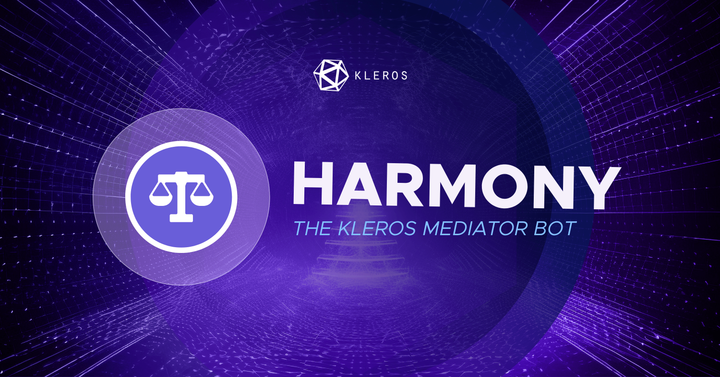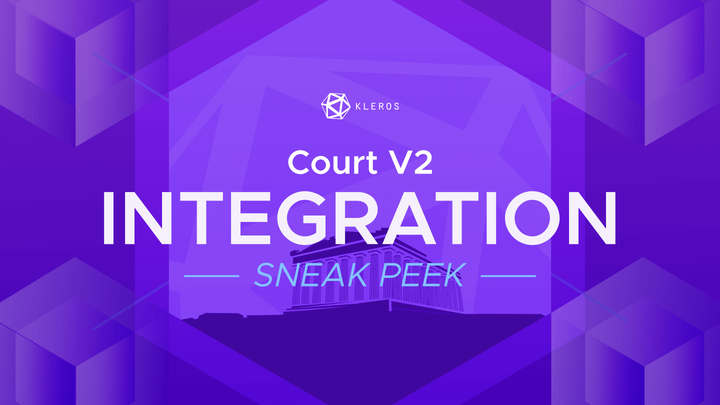Kleros: A Cornerstone of Mass Adoption in the Decentralized Economy?
The Last Years Have Seen the Rise of Decentralized Platforms and Multi-Million Dollar Token Sales. Yet, Real Adoption Was Disappointing. Can Kleros Bring the Blockchain Economy to the Masses?

The Last Years Have Seen the Rise of Decentralized Platforms and Multi-Million Dollar Token Sales. Yet, Real Adoption Was Disappointing. Can Kleros Bring the Blockchain Economy to the Masses?
By Spencer Bramson
In the early days of e-commerce, many hesitated to shop online. “Is it safe? Will I get scammed?”, they asked. All those fears the public once had were eliminated with the hassle-free return policies ensured by companies such as Amazon or Visa, which transformed online shopping from a risk to a convenience.
The reason we feel comfortable ordering a shirt from Amazon is because we know we can return it. Funds appear back in our account as if the purchase never happened. This type of reassurance to the customer has enabled the exponential growth of e-commerce in the past years.
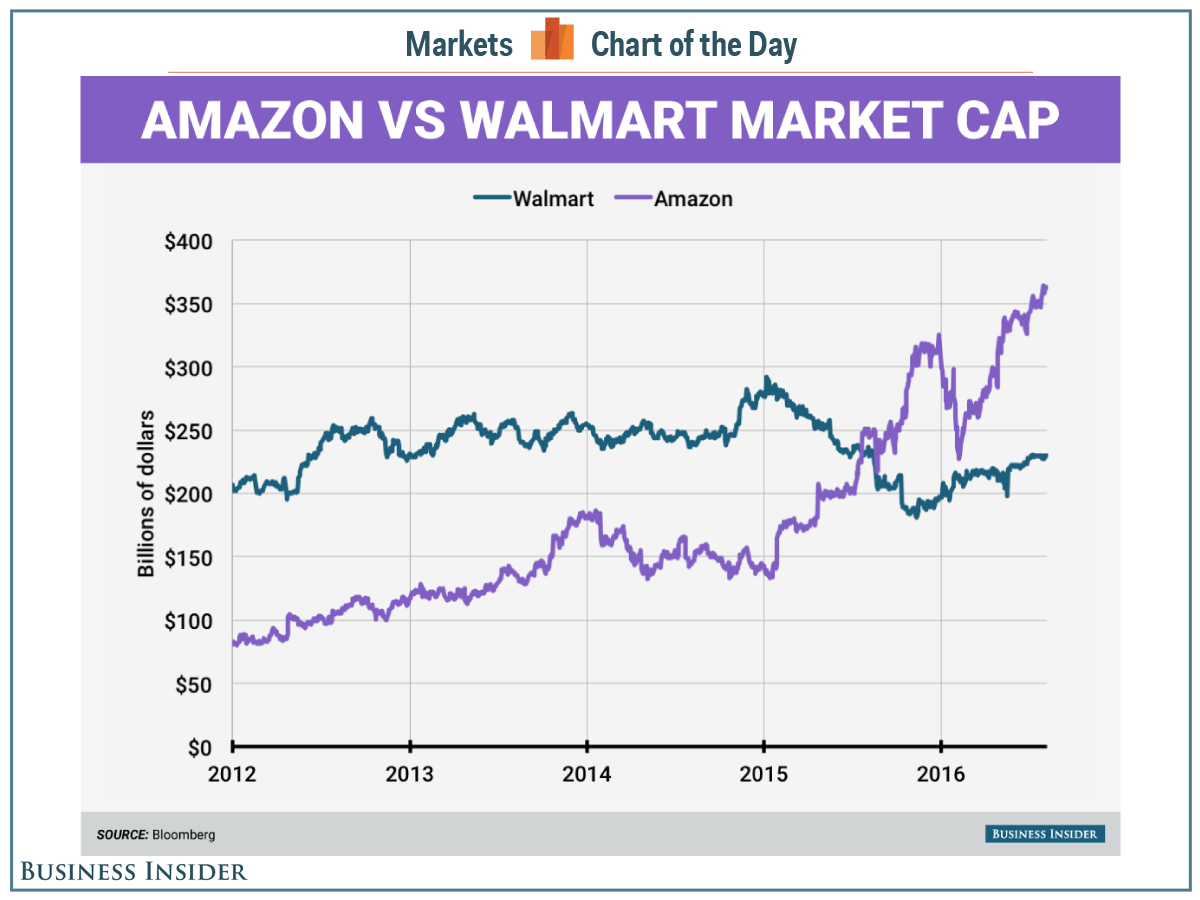
In today’s e-marketplace, payment providers like PayPal and Visa act as middlemen. For a percentage of each sale, they manage the payment process and any issues that may occur.
Merchants are willing to pay their fees since the payment provider’s resolution policies act as insurance, protecting them as well as the buyer. They also don’t have to hire lawyers, register with the Securities and Exchange Commission, or go through the numerous other steps necessary to handle digital transactions. They can simply set up shop and do what they are meant to do: sell.
Buyers, on the other hand, are reassured that their money won’t be taken without the product being sent. That is precisely why nearly 90 percent of payments worldwide are settled digitally, with over 1.2 trillion dollars expected to be transacted by 2020. Naturally from all these purchases, there are bound to be unsatisfied buyers out there. eBay deals with 60 million disputes a year. But even with the many disputes, online commerce has continued to flourish.
Blockchain Commerce Requires Dispute Resolution for Mass Adoption
In 2008, Satoshi Nakamoto published the white paper that gave birth to Bitcoin. In 2014, Ethereum was introduced, which made it easier than ever for people to launch their own projects on a decentralized protocol. From there, transactions volumes for both Bitcoin and Ether exploded for several years.
Even though many say that blockchain technology is on it’s way to redefine the future of commerce, why is real adoption so low for now?
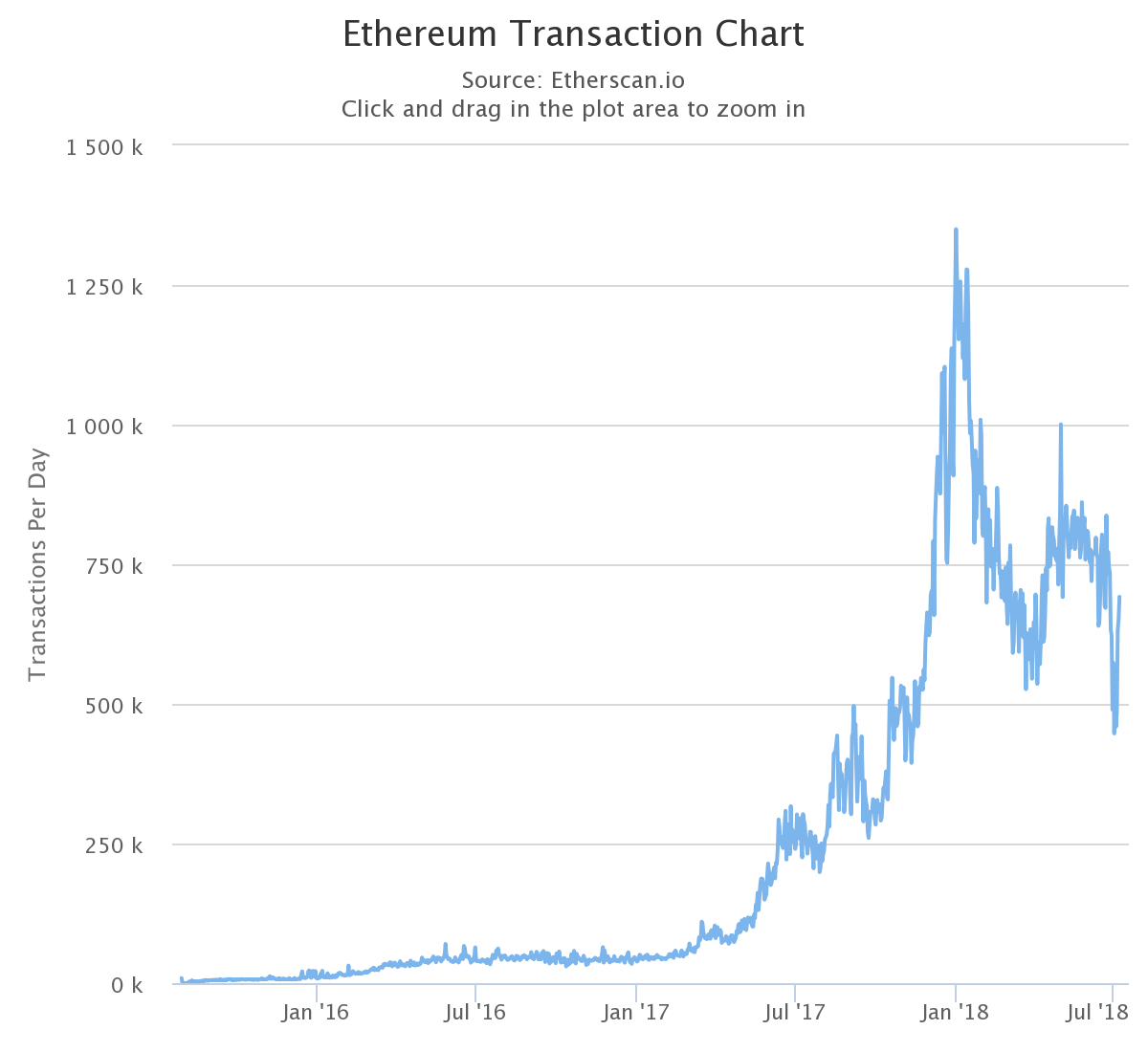
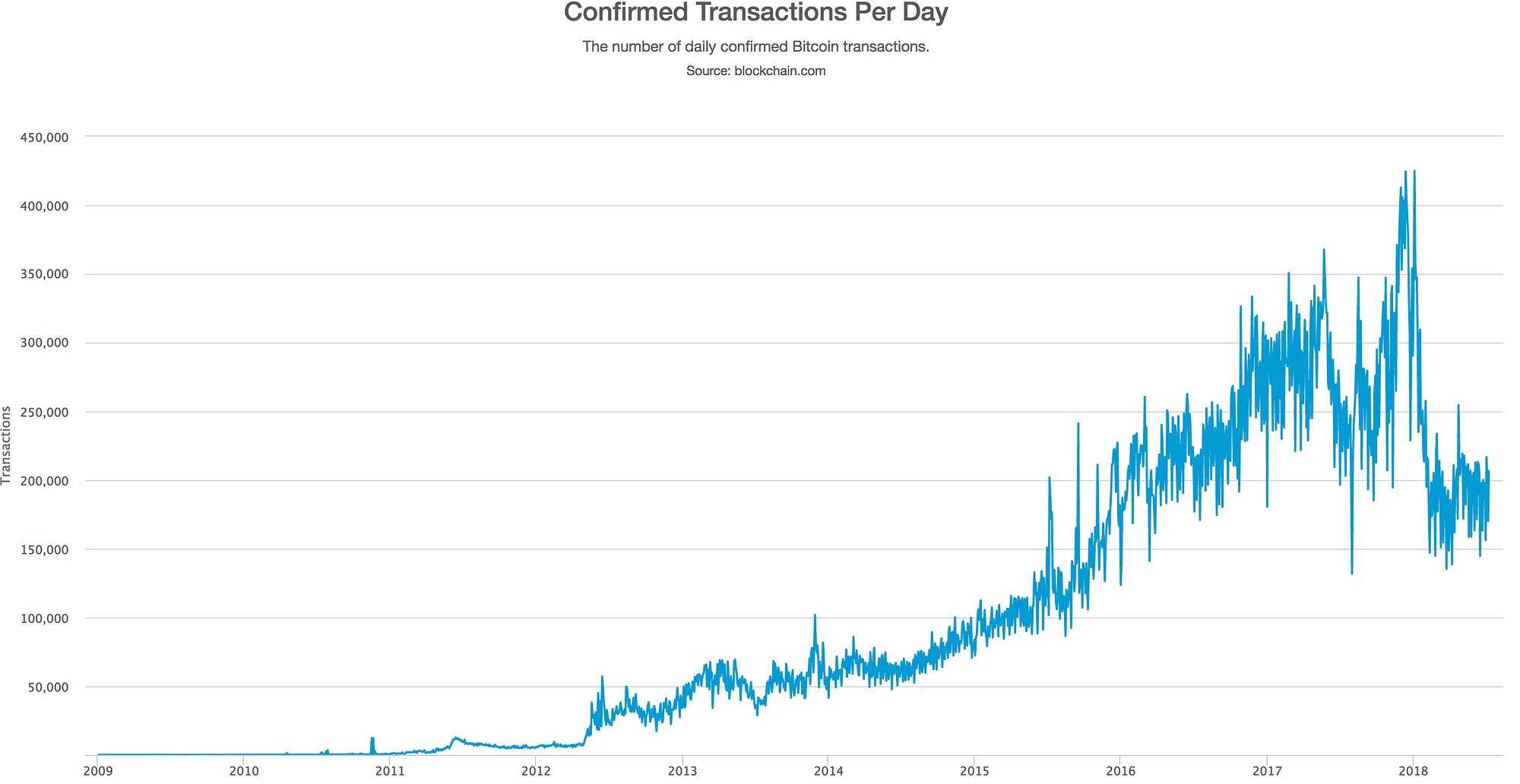
On the one hand, there are scalability concerns about blockchain’s capacity to handle transactions at massive scale. Different solutions have been proposed for this and currently are being developed.
On the other hand, there is still a big problem regarding the shopping experience and customer trust in decentralized marketplaces. Blockchain’s current bottleneck is the lack of the trust-generating infrastructure that enabled online commerce to thrive. The advancement of blockchain technology requires a new method of dispute resolution for customers to feel secure using cryptocurrency to make purchases.
For mass adoption, it is crucial to make cryptocurrency reliable and easy-to-use. In order for the average person to feel relaxed using decentralized platforms to buy and sell products and services, socialize, compete in online gaming and interact in virtual worlds, a dispute resolution service is vital to solve the many and varied conflicts that will undoubtedly arise.
And that is exactly what Kleros provides. It is the sole blockchain dispute resolution service available; it is the path forward.
The Path Forward to Early Adoption
Kleros’ vision is to become the underlying arbitration layer for the decentralized Internet. A mediator for every cryptocurrency transaction with th capability of settling online commerce disputes with speed and confidence.
Let’s imagine that an online retailer has received a return from a customer. The returned item, a t-shirt, seems to have been worn, which violates the company’s return policy. The customer claims that the shirt is brand new, so the retailer submits the case to Kleros for arbitration.
Arbitrators analyze the case, considering all evidence and relevant information. Upon review, the jury decides that the shirt was worn, and therefore it does not qualify under the retailer’s return policy. As soon as a decision is reached, the parties involved are automatically notified.
Kleros’ partnership with Ink Protocol targets this type of use case. Ink Protocol is at the core of the Listia marketplace, which has more than 10 million registered users with over 100 million items sold.
If a buyer or a seller can’t come to a resolution among themselves, Kleros will be there to adjudicate for them. This partnership will serve as a testing ground that could push adoption of Kleros technology into the $461 billion e-commerce market.
Cryptocurrency Exchange
Exchanges are a critical vertical within the blockchain ecosystem. They play a key role in helping users buy and sell cryptocurrencies.
Kleros partnered with Dether to integrate its dispute resolution layer into their platform to handle disagreements between members. The Kleros protocol will be used to protect both suppliers and consumers transacting within the Dether platform:
Suppliers — Kleros will ensure that merchants are supplying accurate and honest listings that meet the terms of service. This better incentivizes high-quality actors, improving the transaction experience across the entire platform.
Consumers — For consumers, Kleros will make Dether a safer platform to use given they will have a fair, transparent, and accessible process for resolving problematic transactions.
Bringing Smart Contracts in the Real World
Smart contracts have the potential of simplifying everything from mortgages to property deeds. But difficulties exist in complex cases.
Let’s say your house was recently flooded. Fortunately, you have flood insurance that’s powered by a smart contract. Using an Oracle such as FEMA’s flood maps, it’s easy to determine that your home was in fact flooded, entitling you to a payout.
But what if you and the insurance company disagree with the dollar amount of your payout?
Difficulties with complex assessments like these are a big reason why smart contracts are still unable to supplant the activities of major markets like insurance.
Kleros can potentially solve these types of disputes because the smart contract could have Kleros as arbitrator for the dispute about the correct value of an insurance payout. Opportunities like this are what position Kleros to become a critical piece of infrastructure for enabling the massive use of smart contracts in everyday life.
Blockchain: From Promise to Reality
The last couple of years have seen the rise of many decentralized platforms and multi-million dollar token sales. Yet, compared to the promise, what blockchain actually delivered seems disappointing. To a great extent, this is because of the lack of mechanisms able to give users the same level of trust than centralized solutions.
A fully-decentralized dispute resolution layer enables a massive set of functionalities that can finally position crypto projects to directly compete with traditional business models. Kleros wants to help the masses gain confidence in a faster and more efficient way, by providing the necessary dispute resolution service, so people can make transactions with peace of mind.
The long-term adoption of Kleros will enable some truly exciting ventures. Reputation and dispute resolution are critical pillars for massive businesses like eBay, Amazon, Airbnb, and Uber. By decentralizing and automated these processes, blockchain-variants of nearly every traditional business model will be possible.
For most people, the term “dispute resolution” likely brings to mind a group of lawyers sitting around a conference table, discussing a lawsuit. But it’s also the basic foundation of a simple store or online return. Even though it sounds old-fashioned and formal, Kleros vision of decentralized dispute resolution may unlock the bottleneck that enables confidence and unlock the potential of the blockchain economy.
Join Kleros!
Join the community chat on Telegram.
Visit our website.
Follow us on Twitter
.Join our Slack for developer conversations.
Contribute on Github.



